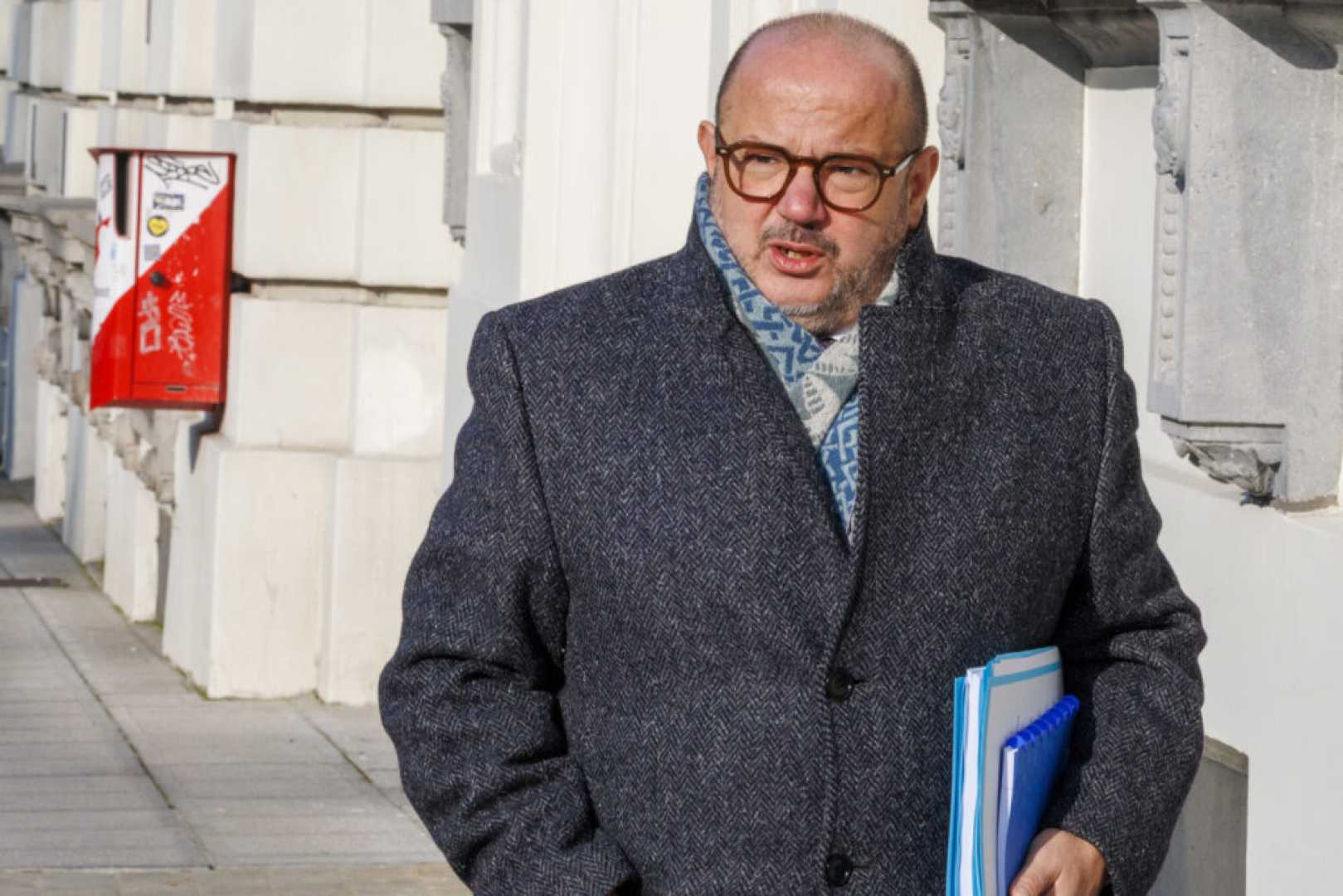News
New Minister Faces Drug Violence Crisis in Brussels

BRUSSELS — Bernard Quintin, a career diplomat, has taken on the difficult task of addressing the city’s rising drug violence as Belgium’s new minister for security and home affairs. Appointed earlier this year, Quintin aims to implement police reforms. He faces numerous challenges, including budget shortfalls and local political resistance.
Brussels is in a critical situation, Quintin told POLITICO from his office on Rue de la Loi. The native of Brussels expressed both pride and frustration with his city. He described its streets as dirty and congested, compounded by financial issues and escalating crime. “I think it’s a scandal,” he said. “The city is on the verge of bankruptcy, if not bankrupt already.”
Shortly after taking office in February, Quintin responded to a shooting incident at Clemenceau metro station. Gun violence has surged, with 90 shootings recorded in 2024, placing Brussels alongside cities like Marseille and Naples.
Quintin emphasized the need to enhance police coordination to tackle these issues. Despite this, local politicians are opposed to federal plans that suggest merging the city’s six police forces into a single entity. Critics argue this will distance the police from the community and view the proposal as a negative influence from the Flemish-nationalist government.
“The coordination issue wouldn’t come up anymore,” Quintin stated, highlighting the need to correct what he calls a unique anomaly in Brussels’ law enforcement structure.
To address drug trafficking, Quintin believes in tackling the issue across the supply chain, from producers to users. “If you buy drugs, you’re part of that chain and bear part of the responsibility,” he explained. He proposed a dual strategy of education and punishment, indicating a need for more severe consequences for users.
Brussels has been without a government for 11 months, complicating decision-making. Prime Minister Bart De Wever suggested stringent financial conditions if the capital sought more federal assistance, provoking backlash from Brussels politicians.
Quintin, who considers himself firmly rooted in Brussels, stated that fair financing is crucial but acknowledged that federal support may come with expectations for better management. He voiced opposition to any governance structure that undermines Brussels as a distinct region.












